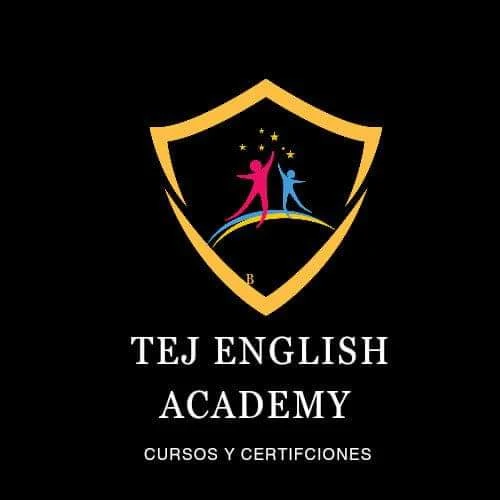Introduction / Introducción: Hi everyone! Today, we will learn the days of the week. Knowing the days of the week helps us talk about our schedules and plans. Let’s learn their names in English. ¡Hola a todos! Hoy aprenderemos los días de la semana. Conocer los días de la semana nos ayuda a hablar sobre nuestros horarios y planes. Aprendamos sus nombres en inglés.
Vocabulary / Vocabulario:
- Monday / Lunes
- Tuesday / Martes
- Wednesday / Miércoles
- Thursday / Jueves
- Friday / Viernes
- Saturday / Sábado
- Sunday / Domingo
Example Sentences / Oraciones de ejemplo:
- Today is Monday. (Hoy es lunes.)
- We have English class on Wednesday. (Tenemos clase de inglés el miércoles.)
- I usually relax on Sunday. (Normalmente me relajo el domingo.)
Activity / Actividad: Write the days of the week in order. Practice saying them out loud. Try to create sentences about your weekly activities.





